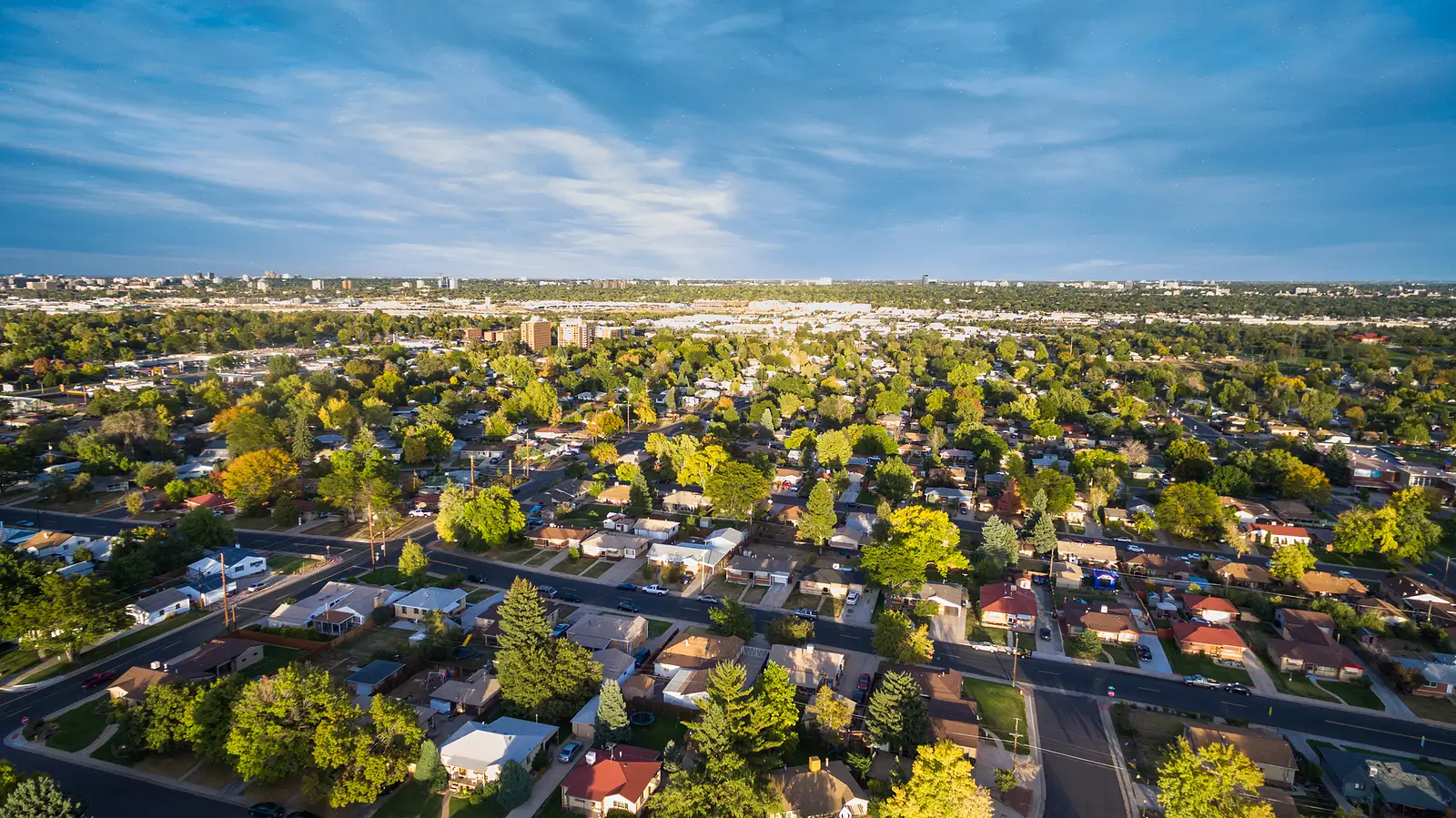Listing your property at the right time can make a big difference in how quickly you find new tenants and the rent you’re able to secure. In Denver’s rental market, seasonal changes directly impact demand, the number of prospective tenants searching, and even the quality of applicants.
Understanding these patterns can help landlords choose the best time to advertise and attract reliable renters—maximizing both your income and home worth.
At PMI Elevation, we’ve seen how timing affects everything from average days on market to the price tenants are willing to pay. Whether you own one apartment in downtown Denver or several units across the metro area, knowing the peak rental season can help you decide when to list, how to advertise, and what improvements might be worth completing before your next lease begins.
Key Takeaways
Spring and early summer are Denver’s peak season for rentals, with high demand and more qualified applicants.
Winter months are typically slower, leading to longer listing periods and fewer prospective tenants.
The school year calendar often drives parents to move in late spring or early summer.
Aligning your lease end date with peak moving season can help you avoid costly vacancies.
Strategic timing can boost your income without necessarily raising your price.
Understanding Denver’s Seasonal Rental Market
Denver’s rental market follows predictable trends that landlords can use to their advantage. While certain months see more prospective tenants actively searching, others bring slower movement and more waiting for the right applicant.
Peak season in Denver typically starts in spring and runs through early summer, a time when demand is high and renters are eager to sign a lease before the school year begins. On the other hand, the winter months often see reduced activity, making them the worst month window to list if you’re aiming for quick occupancy.
Peak Rental Season: Why Spring and Early Summer Win
The best time to list your Denver rental is generally from April through July. Here’s why:
High demand: This period aligns with Denver’s peak moving season, when more homebuyers, renters, and parents are looking for a new home.
More applicants: You’ll typically get a larger pool of prospective tenants, increasing your chances of finding someone who meets your income requirements.
Better rent prices: Because demand is up, you can often benefit from slightly higher rent without sacrificing applicants.
When landlords advertise during this peak season, they’re more likely to attract new tenants quickly, minimizing weeks of vacancy and protecting their investment.
The Winter Slowdown: Worst Months to List a Rental
From November through February, Denver’s rental market cools considerably. Shorter days, holiday costs, and colder weather mean fewer prospective tenants are actively searching.
Longer average days on market: Units may sit vacant for several weeks, increasing holding costs.
Lower competition among renters: While you might still find a good tenant, you’ll likely get fewer applicants.
More negotiation: Renters may expect a deal or lower price during the slow season.
If your lease ends during this period, consider offering flexible move-in dates, adding amenities, or running a special advertise campaign to attract more applicants.
How Current Tenants Affect Your Listing Date
Sometimes the right time to list isn’t purely about market trends, it’s also about your current tenants.
If a tenant plans to renew their lease, you can avoid vacancy altogether. But if they give notice in the worst month window, you may have to decide whether to list immediately or wait for the peak season. PMI Elevation often advises landlords to weigh the costs of waiting against the benefits of listing at the best time.
The Role of the School Year in the Rental Market
In Denver, the school year plays a major role in when renters, especially parents, are ready to move. Many aim to be settled before classes start, which boosts demand in late spring and early summer.
By timing your lease expirations to fall in May or June, you align with this peak moving season, often leading to a smoother open house schedule and a higher number of prospective tenants.
Improvements to Boost Home Worth Before Peak Season
If you’re targeting the best time to list, spring or early summer, use the few months before to make improvements that can benefit your investment:
Refresh paint and flooring
Upgrade amenities
Enhance curb appeal
Complete any maintenance tasks your current tenants requested
These features can attract more applicants and help you sell the property’s value, even if you’re not planning to sell outright.
Aligning Your Lease Dates for Maximum Benefit
The easiest way to take advantage of peak rental season is to determine your ideal lease dates in advance. Ending leases in spring or early summer means you’ll be ready to list during peak season without having to wait or lower your price.
At PMI Elevation, we help landlords align their lease cycles with current market trends so they can advertise at the right time and fill vacancies faster.
Choosing the Right Time Matters
Timing isn’t everything in Denver’s rental market, but it can make a big difference. Knowing the best and worst months to list a rental can save you money, help you attract the right tenant, and keep your investment profitable year-round.
PMI Elevation offers local expertise to help you estimate your home worth, plan your lease cycles, and market your units effectively, no matter the season. If you want to list at the right time and make the most of Denver’s peak rental season, we’re here to make it happen. Contact us today to learn more.


